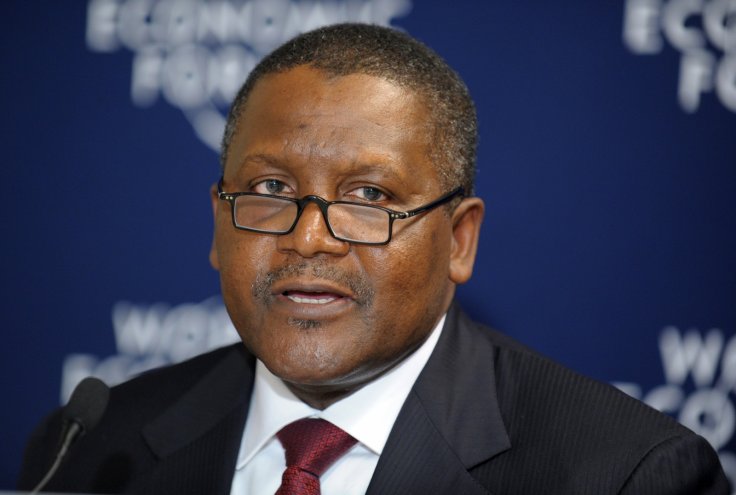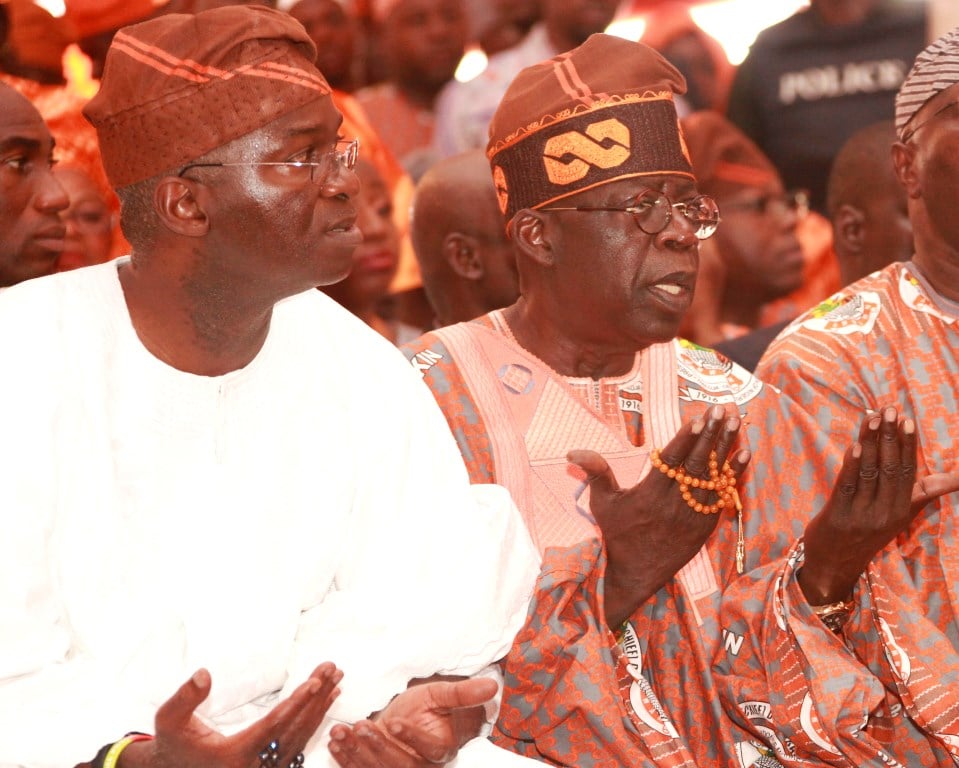Without any pun intended, to say that mankind has been ‘googled’ just about sums up today’s global reality, which practically now has everybody at the mercy of technology and digital media.
But the worry is not just for media professionals and entrepreneurs who are faced with a rapidly changing business model. Just about any business – from journalism to postal services, banking and engineering and even to teaching or trading – all now have to contend with the reality of staying digital compliant or face a sudden job loss or business collapse.
The reality is that survival and expansion are wired around the three precepts of today’s digitalized world. No quality education or job can be secured or retained any longer without being internet savvy and social media-active. No business, enterprise or institution worth its salt will now operate without an active online presence. And above all, a whole new world of opportunities now exists online – from research and earning degrees, to friendship and social networking and to running or promoting businesses and earning a living strictly from online transactions, without an office or staff.
There may be recalcitrant exceptions, but anyone who is still in denial of the online component of this rapidly globalizing world is either uninformed in a harmful way or feels left out and consequently petrified on how to begin to catch up.
Advertisement
For how else can one be in tune with reality other than to look all around us: Dictionaries, Bibles and the Koran are now in one’s pockets, a touch away. School admission is now almost strictly digital at all levels. Results and admission letters are accessed only online. Like visa application procedures, job applications, both for public and private sectors are done online and transactions of any sort have since become largely cashless. All that is needed to stay in this interconnected new world is just a smart phone or a tablet.
The world is now on everybody’s palms. In other words, peoples’ destinies are now in their hands.
It must be for this obvious reason that Juliet Ehimuan, the Country Manager for Google Nigeria, was inspired to enthuse when Google unveiled its latest Smartphone programme, AndroidOne, in Lagos on Tuesday that “we just don’t go online, we now live online.”
Advertisement
Her point is prescient when one realizes that there are more than 76 million Nigerians now connected to the internet out of the three billion worldwide users. By inference, Nigerian is now the largest internet market in Africa and eighth largest in the world.
What this means is that about half of Nigeria’s population is already active in the digital world. And given that adult literacy rate is barely 40 per cent, there is a significant number of ‘uneducated’ Nigerians who have functional online presence. What this means, in effect, is that some people who may have either ignored or missed formal education, are no longer able to stay away digitally except they want their businesses to suffer.
“The driving force behind this growth, particularly in Nigeria,” according to Caesar Sengupta, a Vice-President from Google’s head office “is smart phones.” Over 70 per cent of online users in Nigeria are believed to be accessing the web via their smartphones and Google’s latest product in the market aims to broaden internet penetration and make it affordable. Of course it also seeks to make Nigeria a regional hub in Google’s quest “to organize the world’s information and make it universally accessible and useful.”
There is an undisguised commercial interest in all this, no doubt. But this is not a problem if the whole point is to make access to information and interconnectedness, which is almost inevitable, cheaper. Nigeria is the first place for roll-out among five other African countries where the new software is being launched. And the unveiling comes with Infinix Hot2, a smartphone device that has become the first to run on AndroidOne. At N17.500, cost really is considerate.
Advertisement
Furthermore, with MTN and Jumia as partners, the commercial landscape of the project is expansive. But again, this is about innovative thinking. Jumia and Konga should challenge the Nigerian Postal Service (NIPOST) to be proactive by being digitally driven. It is not enough to say that letters are no more in vogue. Yearly, DHL still does multi-billion dollar business delivering parcels all over the world in private aircrafts. The likes of Jumia and Konga are a reminder to NIPOST that the opportunities that abound are now digitally-driven and they start online.
With its assets spread over practically every local government area in the country, few establishments are as rich as NIPOST. What is missing is the courage and dynamism to follow the world online. Maybe it would have been the partner delivering hundreds of thousands of smartphones in various homes now, if it was prepared for the digital revolution that was bound to affect even how letters are written or sent out.
But while we hope for the wind of change blowing across Nigeria to touch NIPOST and the like, those like me who have been googled can at least continue to savour the limitless world of digital reality that now gives access, through AndroidOne, to over one million applications.
The future is almost here as Nigeria will also be the first in Africa, in the coming weeks, to enjoy Google’s magnanimity by being able to connect to YouTube offline and use Google Map without internet connection. With 250,000 kilometres of Nigerian roads already mapped, it was gratifying to see on Google Map familiar landmarks like my family church and alma mater in Ibadan, the place of my birth… almost luring one to call out to childhood friends that on this world’s biggest search engine, there is really no hiding place again.
Advertisement
Views expressed by contributors are strictly personal and not of TheCable.
Add a comment



